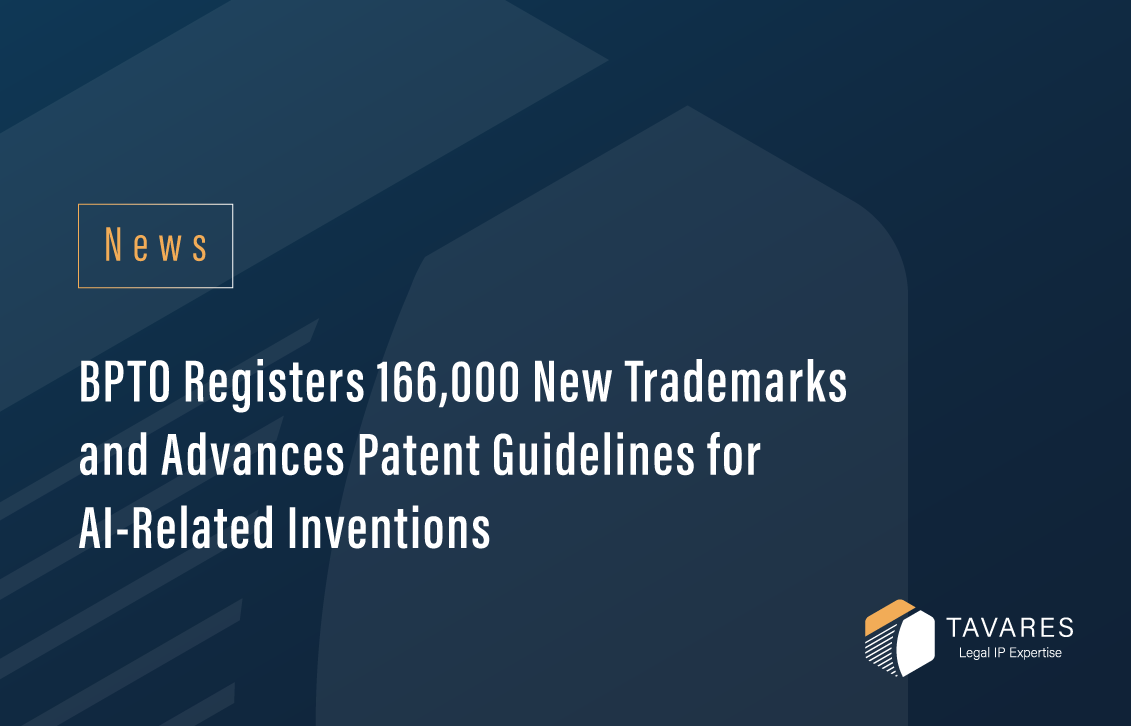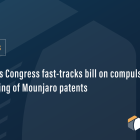Brazilian Patent and Trademark Office (BPTO) released updated statistics for 2024, reporting 166,000 new trademark filings and approximately 13,000 granted patents, alongside key regulatory developments involving artificial intelligence (AI). The BPTO has opened a public consultation on new Patent Examination Guidelines focused on AI-related technologies.
The draft establishes clear parameters for what may be patented in the context of AI. According to the document, autonomous AI-generated inventions without human intervention are not patentable under Article 6 of Brazil’s Industrial Property Law (Law No. 9.279/1996), which requires inventorship to be attributed to a natural person. However, the guidelines confirm that AI-assisted inventions remain patent-eligible, provided that a natural person contributes intellectually to the inventive process.
The draft further reiterates that source code and algorithms are not patentable, although a technical solution implemented by software that produces a concrete technical effect may qualify as an invention.
CADE study on standard essential patents
In August 2025, Brazil’s antitrust authority (CADE) published “Essential Patents,” a study examining the regulatory and judicial treatment of standard-essential patents across jurisdictions. The work was submitted to the INPI’s Technical Group on Industrial Property Intelligence.
CADE President Gustavo Augusto emphasized that a deeper understanding of these issues is key to strengthening enforcement in high-technology markets.
2024 indicators
BPTO reported growth in several categories:
- Trademark filings: +10.3%
- Industrial designs: +3%
- Software registrations: +25%
- Integrated circuit topographies: +500%
Patent applications totaled nearly 28,000, a slight decrease of less than 1% compared with 2023. There was also a drop in technology transfer contracts (-22%) and geographical indications (-4%).
Patent and trademark grants registered a reduction of approximately 30%.
Applicants from 82 countries sought patent protection in Brazil, led by the United States (28%), Brazil (23%), China (8%), Germany (6%), and Switzerland (4%).
Priority examination for trademarks
In July 2025, BPTO launched a pilot project to establish priority examination for trademark applications. The program is divided into:
- Legal criteria: seniors, people with disabilities, and startups under the Inova Simples framework
- Strategic criteria: applicants involved in litigation, those requiring trademark protection to release public funds, and trademarks linked to patents under fast-track examination
Experts note that the program provides businesses with earlier legal certainty and reduces risks associated with market entry and expansion.
Fee adjustments
BPTO also implemented an average 24.1% fee adjustment, the first since 2012, along with updated rules for discounts and exemptions. Individuals with disabilities and economically vulnerable applicants remain exempt from payment.






